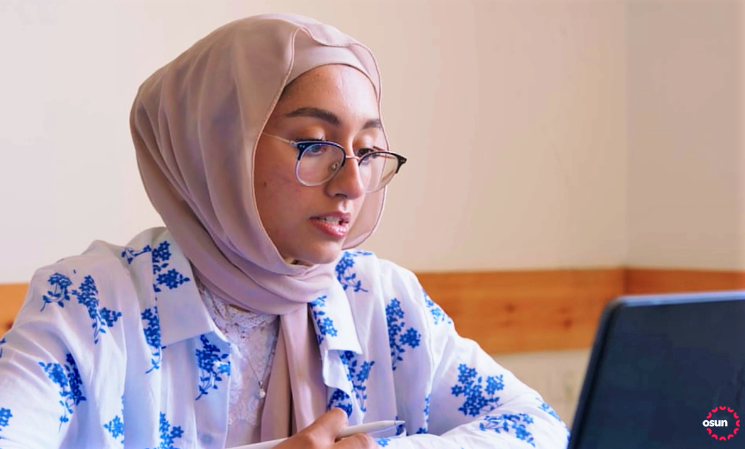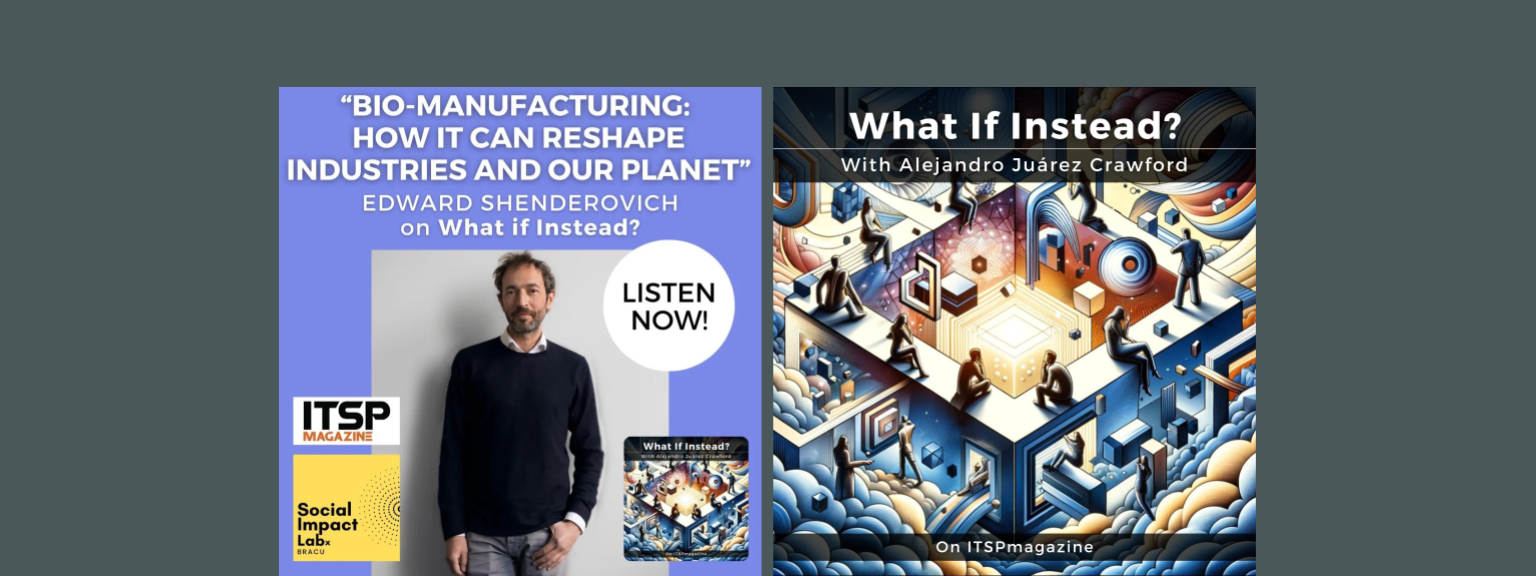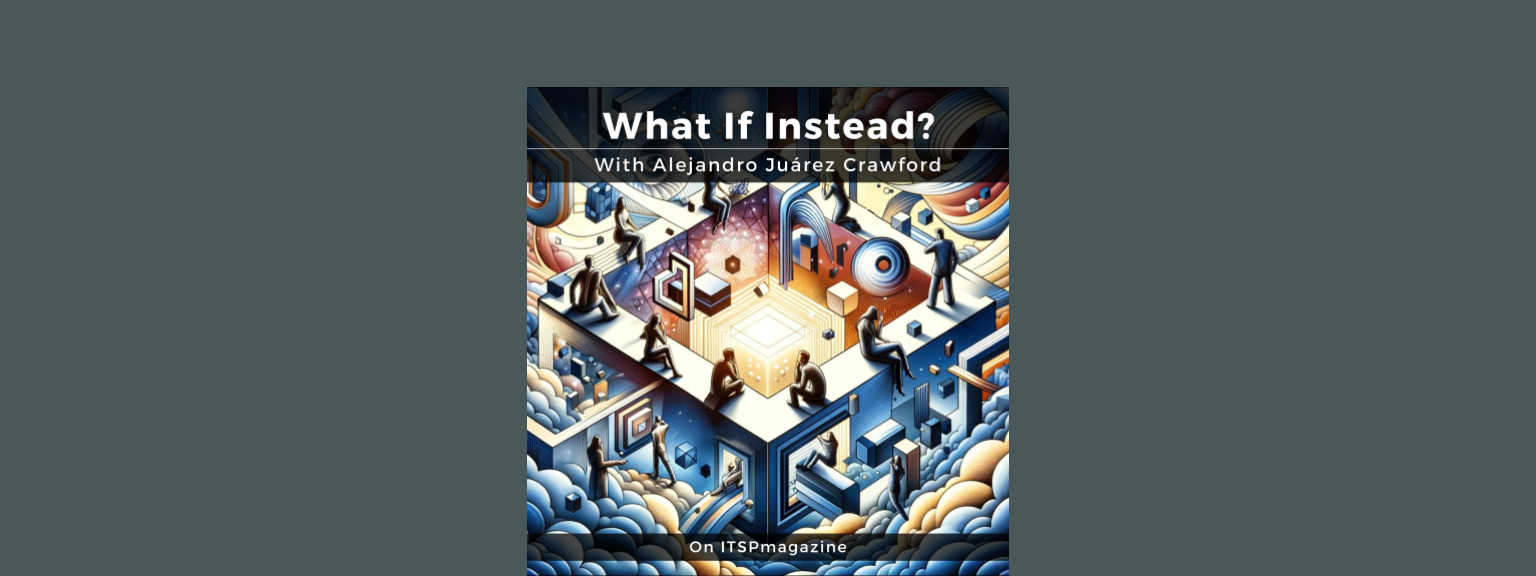In the past, innovation used to be only for people who had the money and the secret know-how to create societal change – but change that they wanted to see in the world, even if they were far removed from the real social problems of their community. Today, mainstream education is thought of as an essential step toward personal and social empowerment although it often lacks the curriculum and tools to teach students crucial skills for an empowered life.
Because we lack adequate entrepreneurship education in the classroom, we can default to becoming passive followers and consumers of crumbling systems that no longer serve us, waiting for the government to solve problems in our own communities.
Although technology has been used in not-so-savory ways throughout history, it has given us the power to connect and share information that used to be unavailable to us. But we can use technology responsibly as a tool to learn necessary skills to innovate effectively and transform our lives and communities.
One such empowering technology is RebelBase, an experiential project-based platform that teaches individuals and teams step by step how to innovate like entrepreneurs do. We are no longer isolated with our ideas – RebelBase allows anyone across the globe to work with others and create the most effective solutions to today’s pressing problems.
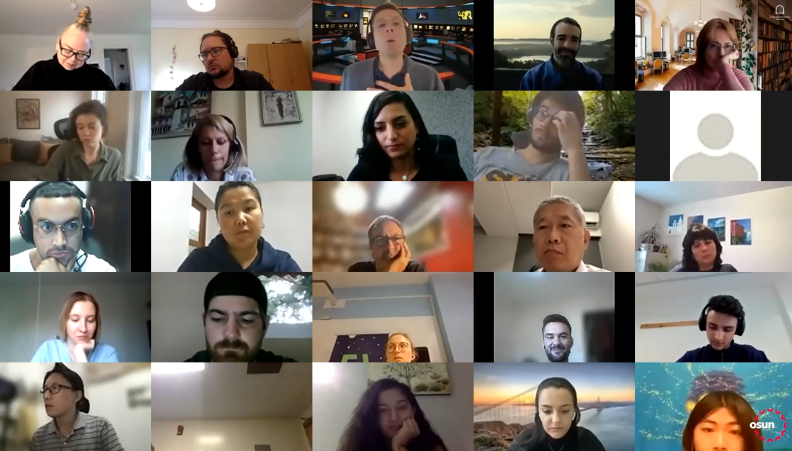
OSUN and RebelBase
Many entrepreneurship curricula in higher education provide great tools for students but lack student engagement and much-needed experiential learning. For this reason, Open Society University Network (OSUN) partnered with RebelBase to help entrepreneurship students become more engaged and effective change-makers. OSUN has campuses all over the world where instructors use RebelBase as the basis for their entrepreneurship classes. Students from places such as Bangladesh and Palestine come together and participate in Zoom-based feedback sessions to gain a different perspective on their innovation projects and make them stronger.Social Change in Bangladesh
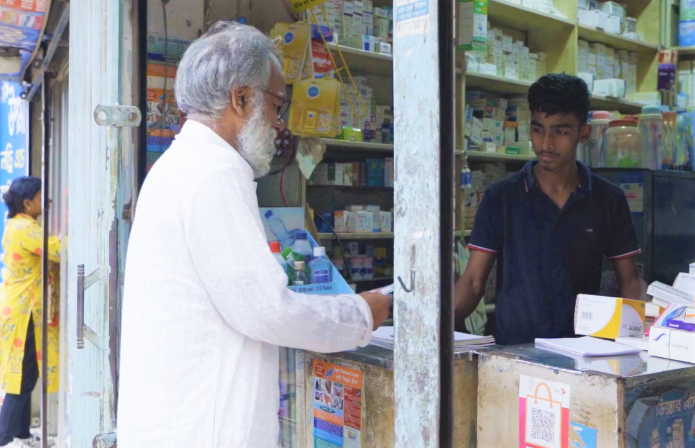
A Safety Net for an Aging Bangladeshi Population
~Shezami Khalil, co-founder of Project Safety Net
Enjoying Old Age
Bangladesh is a fast-growing country, both in terms of its population and economy. Around 8% of the population is over 60 years old and the number is rising. Although younger generations still follow the Bangladeshi culture tradition where older children take care of aging parents, some don’t have the means to do so and many seniors are left without financial means to support themselves. Some seniors have enough support to survive but not to enjoy their old age or pay for unexpected medical bills.
Because of this wide-spread social problem, two classmates in BRAC University’s EMBA Social Entrepreneurship class, Shanila Mehjabin and Shezami Khalil, joined forces to develop a solution. Each of them brought a unique asset to the team. Shanila, a 16 year veteran in the financial industry, was already helping family members create a better financial plan for their retirement. She saw the positive impact her advice made on her family and wanted to bring her knowledge to her city of Dhaka and beyond.
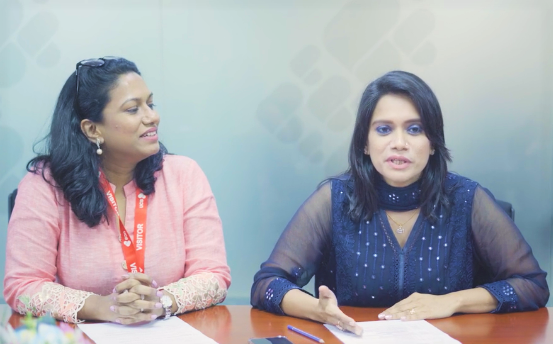
Project Safety Net Comes to Life
Using RebelBase in their classroom, the two teammates developed their idea, Project Safety Net, with the help and support of their classmates, their professor Dr. Sebastian Groh, and more than a hundred students from all over the world who participated in Zoom feedback sessions.
In the end, the team came up with a retirement program that would allow Bangladeshis to start saving and investing their money as soon as they start working. Their program differed from others in that it let people save and invest as much money as they wanted each month, with a yearly 10-12% profit margin that would become available to them at retirement as not only a sizable safety net but also a constant stream of comfortable income.
The team first wanted to see how their idea works out on a smaller scale and pitched it to Shanila’s workplace, the UCB Stock Brokerage Ltd (UCB). The UCB was so impressed with their venture that it decided to support them and let them launch their retirement investment scheme to its asset management customers. The plan will be available for 6 to 18 months so everyone involved can see how the scheme works and where improvement is needed. Shanila and Shezami hope to eventually make their retirement program available to all working Bangladeshis
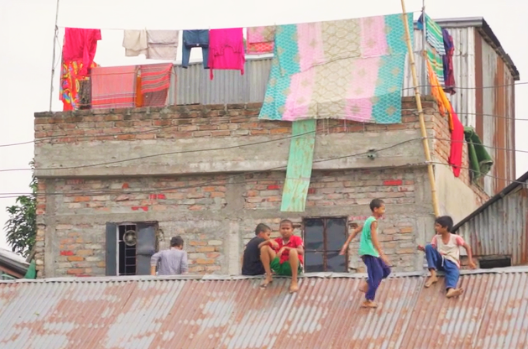
Nurturing the Roots of the Bangladeshi Society
~Abu Sifat, co-founder of Roots
Revisiting an Old Dream
In the same social entrepreneurship class, a group of old college friends, Abu Sifat and Sakib Ahmed, decided to bring their 2014 innovation project back to life.
Although Bangladesh is a rapidly developing country where poverty is steadily decreasing, about 20% of the population still lives below the poverty line. One of the places where poverty is high is the Dhaka slum of Korali. To meet their financial needs, Korali residents have to work long hours at extremely low-paying jobs. Their children often roam the neighborhood or are engaged in child labor, not getting the education, nurturing, and nutrition they could be getting with more adult supervision.
Abu and Sakib wanted to help Korali kids have a better early life experience since ages 0 to 7 years are crucial for proper brain and psychological development. They also thought of recruiting women from the community to be the children’s care-takers while their parents were at work. These women would not only have proper training to take care of young children, but also would be paid for their services, earning money for themselves as well as improving the economic well-being of their neighborhood.
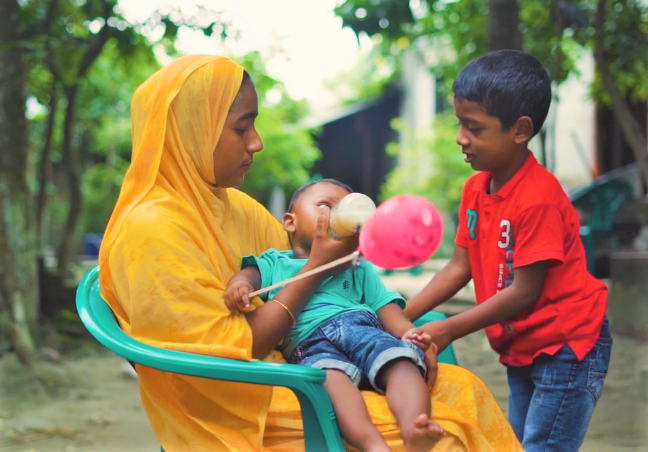
Taking Roots in Korali and Beyond
With the help of RebelBase, feedback from 28 other groups through Zoom sessions, and support from their mentor Dr. Sebastian Groh, they created a project called Roots to reflect the fact that children need a strong early foundation to thrive in life. Sakib found RebelBase indispensable because it gave his team the much-needed structure for working out their solution: “Our idea was all over the place. We knew what our team is, we knew we had a certain kind of prototype, we had a minimum viable product, and we had a certain market, but the RebelBase platform gave us a very concrete idea.”
The team strengthened their project so much that they won Bard MBA’s annual Disrupt to Sustain pitch competition and received a $1,500 prize to work on actualizing their idea.
When putting their solution to the test in Korali, the Roots team found it extremely difficult to convince the parents that they should entrust their children to a stranger who may not treat them properly. Also, it was hard to recruit women to take care of the children because they had to have a large enough living space for 4 people and be willing to invite stranger’s children into their home. Abu and Sakib tried hard to convince the parents and caretakers to try their program but nothing worked until the team was able to relate to and connect with the community on a personal level.
Eventually, the parents who gave the team’s service a try saw the benefits it provided for their children and inspired other parents to enroll their own children into the program. The project was so successful that the team plans to bring it to countries such as Brazil, Pakistan, and India.
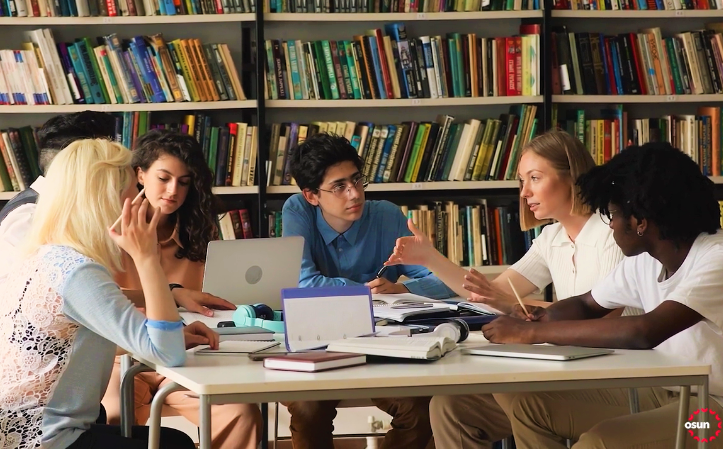
Technology for Good
The success stories of Project Safety Net and Roots teams show us that anyone anywhere in the world can be empowered to innovate with the right tools and support. Technology is here to stay and we have the power to use it to connect rather than divide us. We have the privilege to finally learn from each other’s different life experiences and points of view, and technology tools like RebelBase can be bases from which we can make innovation knowledge accessible to everyone.
How does RebelBase approach innovation learning? Download our 5 Day Challenge to see how we help teach new innovators to think like entrepreneurs do.
Curious about what RebelBase can do for you? Schedule a demo with us and get a free 3-month trial
